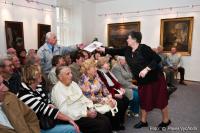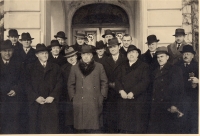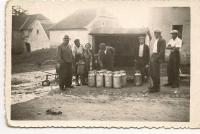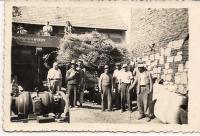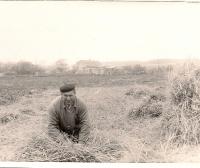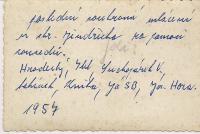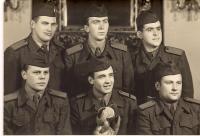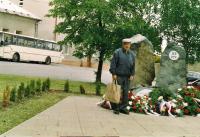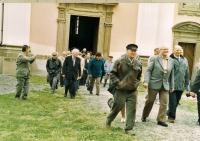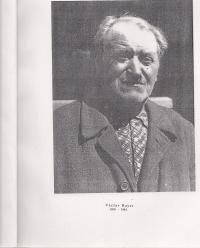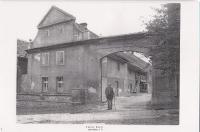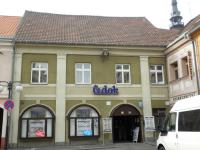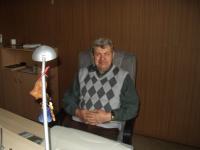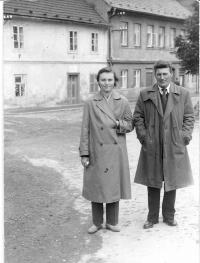With the personal evaluations we had, we were not even allowed touch the steering-wheel when we came to the army
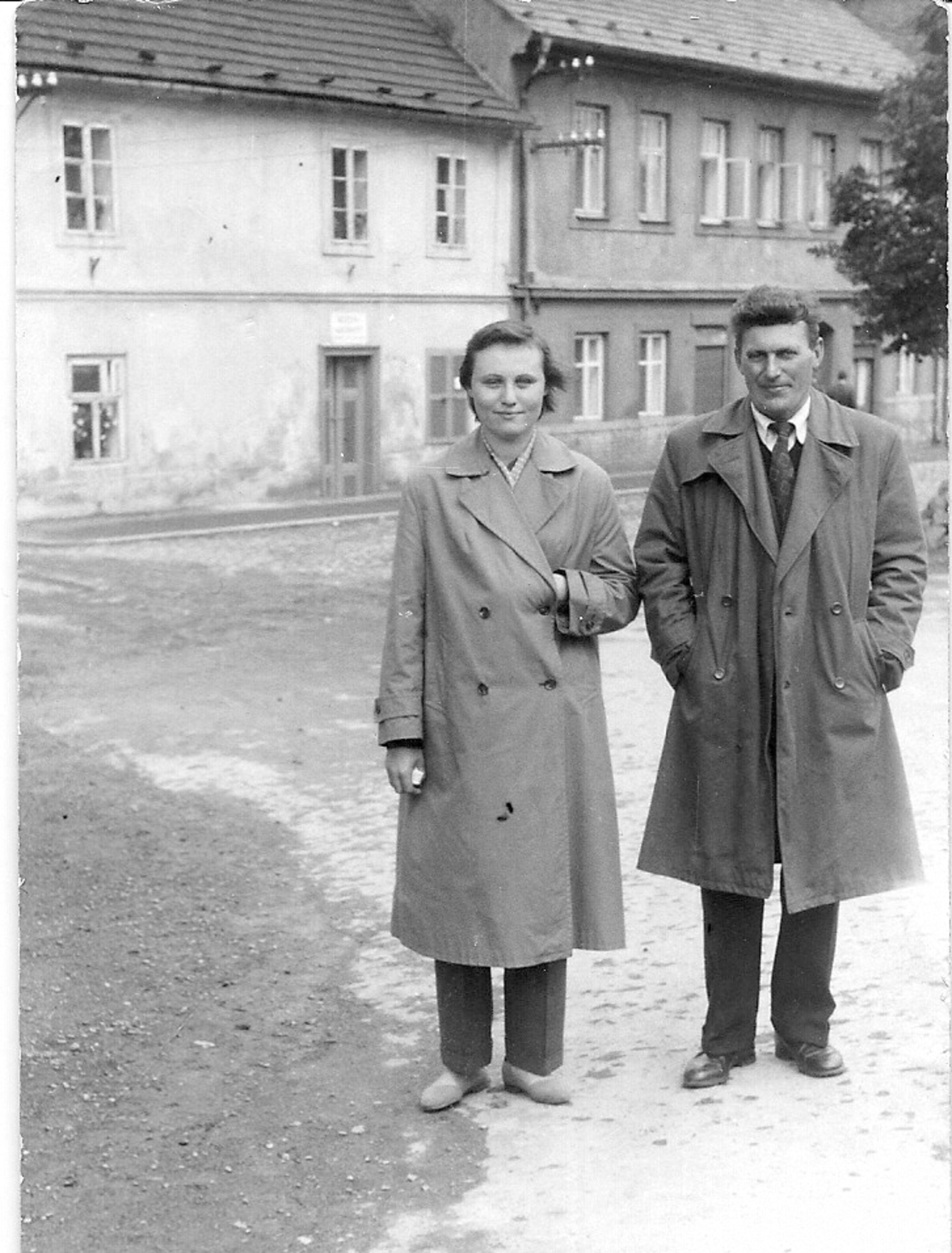
Download image
Stanislav Bayer was born December 15, 1931 in Libovice. During the war he was attending the elementary school in Slaný. After completing his education just after the end of the war, he worked for his father, who was an independent farmer. In the postwar period, when many people were leaving to “resettle” the borderlands, agriculture was suffering from lack of workers. In 1952 he began his compulsory military service, and he was sent to Brno to so-called “reeducation corps” which were intended for sons of farmers and small entrepreneurs. After 1948 the farmers were pressed by communist officials to start collective farming. A state-owned farm was established in the village and the farmers feared that in case of its further expansion, they would lose not only their land, but their entire property as well, in addition to being forcibly moved from their houses, as it had happened in other villages in the region of Slaný. Under the pressure of the events and his illness, Stanislav’s uncle Jindřich decided to hand his farm over to him. In 1956, a Unified Agricultural Cooperative (JZD) was formed in Libovice, and the family had to surrender their fields to the cooperative, but they were allowed to remain in their home. Stanislav Bayer worked in this cooperative as a storesman. In the 1970s he was one of the main founders of the Union of Cooperative Farmers in the village, which ought to protect the interests of the farmers in the cooperative board. The fields were returned to his family after 1989. In 1990 Stanislav Bayer was elected the mayor if Libovice, and he served in this position for twelve years.
